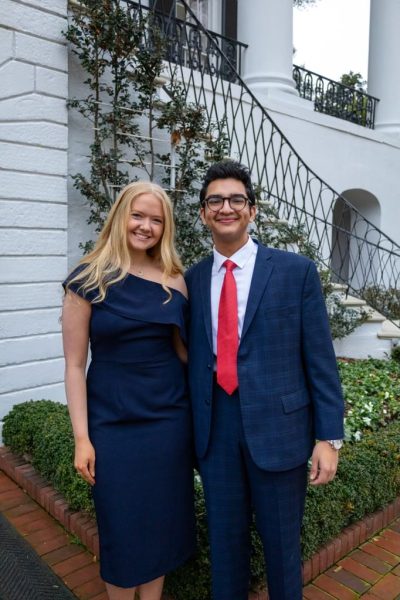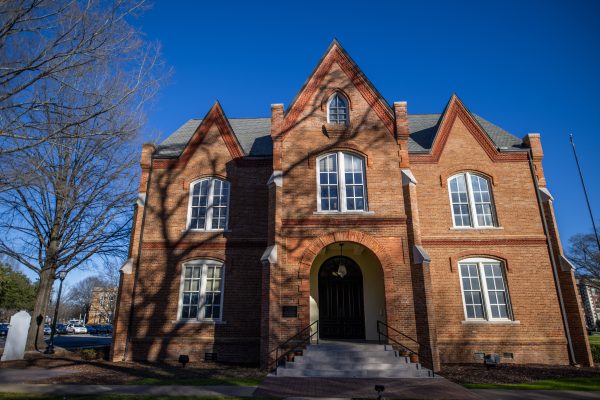Foreign language, literature and history requirements on chopping block in new core curriculum
November 16, 2022
Starting in fall 2025, students entering The University of Alabama can complete their general education requirements without taking a history or literature class. Foreign language classes will only be required if students “did not complete FL [foreign language] in high school.”
The changes follow the creation of the General Education Task Force in 2018, which led “a campuswide review of UA’s general education curriculum and experiences,” according to a UA News article. The task force consisted of faculty from across campus.
Faculty voted on the proposal between Nov. 1 and Nov. 15. According to UA News, 66% of eligible faculty participated, and 60% voted in favor of the changes.
The new general education requirements reduce the number of general education credits students must earn from 53-55 to 37- 38 and adds “Advanced Education Requirements.”
Among the changes are the addition of a 2-credit series of First Year Experience courses and the addition of statistics classes to the math requirement. Computer science was removed as an option for the foreign language requirement.
The new curriculum decreases the number of credits required in literature, fine arts, and humanities from 12 to nine. History and social and behavioral sciences requirements saw the same decrease. Students no longer have to complete a six-credit sequence in literature or history, and no longer need to take any classes in literature, fine arts, and history in order to satisfy the requirements.
Students can complete any of the classes in the revised core curriculum at other institutions. The “Advanced Education Requirements” must be completed within a student’s college, and consist of 3 hours of Writing Intensive courses, 3 hours of Cultures & Societies courses and a 3-hour Capstone Course.
There is also a new requirement for Experiential Learning, which includes “education abroad, approved internship/co-op, undergraduate research, OR approved community engagement,” according to the General Education Reform website. Each college will decide on the specifics of the advanced general education requirements for their students.











